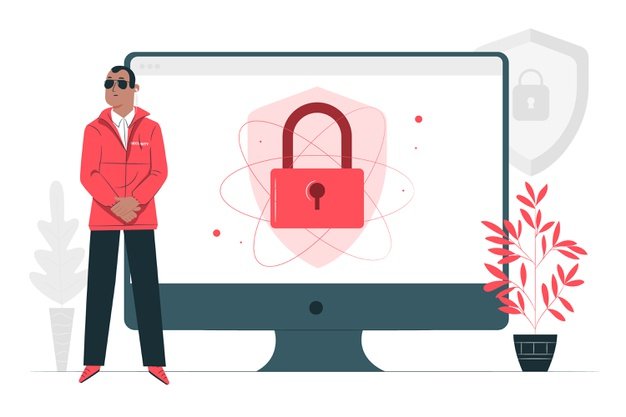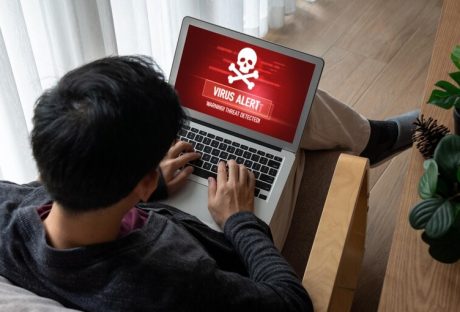Although many people know that camera monitoring systems installed in vehicles are to improve visibility when driving, this also comes as a perfect way to enhance safety and prevent accidents. There are many cases where a driver cannot discern what is at the back of your vehicle and at that point if you lack a reversing camera to monitor your movement you could end up in a ditch or even hurt others.
5 Ways Camera Monitoring System Will Enhance Vehicle Safety
If you are looking for the best solution to prevent all these issues, you might want to consider installing camera monitoring systems, which come with numerous safety benefits as shown below.
1. Awareness of hazards :
With a truck reversing camera, you can see what is behind the vehicle including pedestrians who are passing. This view helps you to prevent hitting them without your knowledge, which is something that happens with many drivers. A camera gives you a wide field of view that is good to show you all the things that lay behind that could be hit and lead to an accident.
2. Eliminate the blind zone :
One of the biggest challenges to vehicle safety especially where reversing is involved is blind zone. This is where you are not able to tell what is behind the vehicle and the dangers that are likely to occur that will cause an accident. With a monitoring system, you get a wide view of the area behind the vehicle and this ensures you are able to see areas that you cannot see when you are not using the camera. It gives you the benefit of being able to see everything around you so you can make the correct judgment when driving to avoid getting into situations that could lead to an accident.
3. Park safely :
Parking can sometimes be hectic if you don’t have a monitoring system to assist you to see what is behind you as well as give you a guideline of the parking slot. That is why a vehicle monitoring system will help to eliminate all possible errors you could make because you cannot see what is behind well.
4. Ensure the safety of kids and pets :
Small children and pets sit low on the ground and can be unnoticed while in your car. In some cases, they will be at the parking lot or the driveway and if you don’t have a way to monitor the path you might put their safety at risk as you are not able to see what is behind clearly. With a rearview monitoring camera, you can see everything and you get a wider view that will save the lives of your kids and pets.
5. Prevent damage to vehicle :
It’s easy to damage your vehicle if you are reversing and there is no way to monitor the environment behind you. A monitoring camera will help you to seamlessly maneuver the process and prevent hitting things that are not easily visible when you rely on your side mirrors.
It is good practice to install a camera monitoring system in your car as it enhances safety and prevents damage. It will help you reverse correctly and you can also save the lives of your kids and pets who as they are likely to be playing in the parking lot or the driveway.
Read More :






















